The Territorial Valorisation Network is a municipal public policy in Cascais that strengthens democratic planning in critical urban areas through structured citizen participation and collaborative problem-solving.
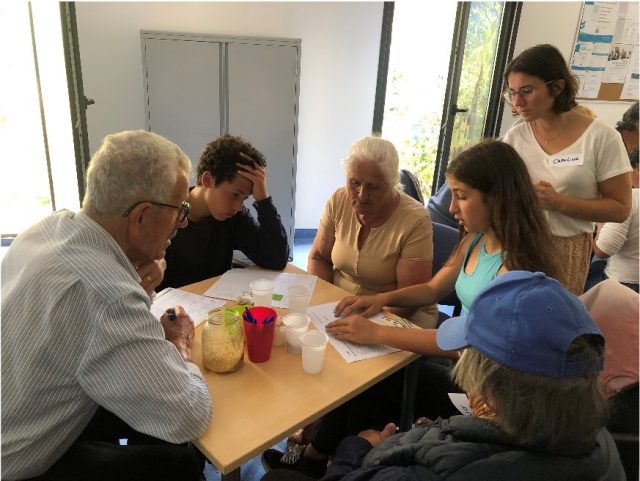

The Territorial Valorisation Network is a municipal public policy in Cascais that strengthens democratic planning in critical urban areas through structured citizen participation and collaborative problem-solving.
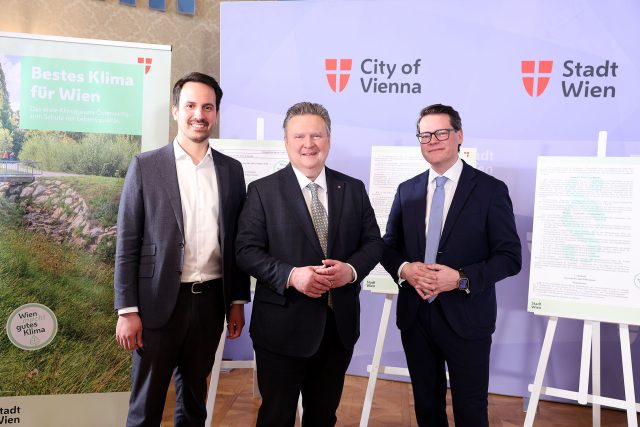
Vienna’s Climate Law sets a binding framework to guide the city’s climate neutrality efforts by 2040, implementing practical measures, climate impact assessments, and community engagement to ensure effective climate action.
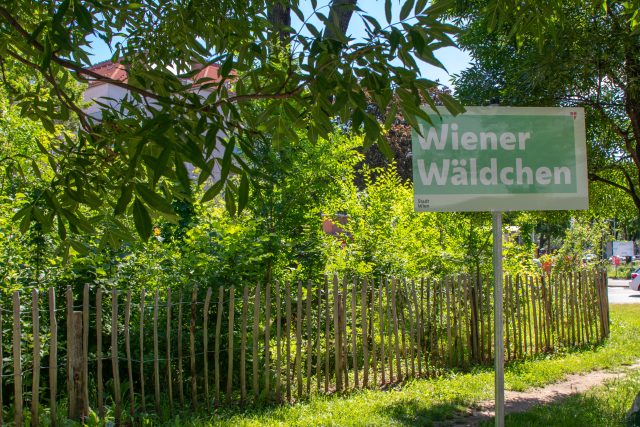
Vienna’s Wiener Wäldchen initiative introduces dense, fast-growing mini-forests to mitigate urban heat, improve air quality, and enhance green spaces citywide.
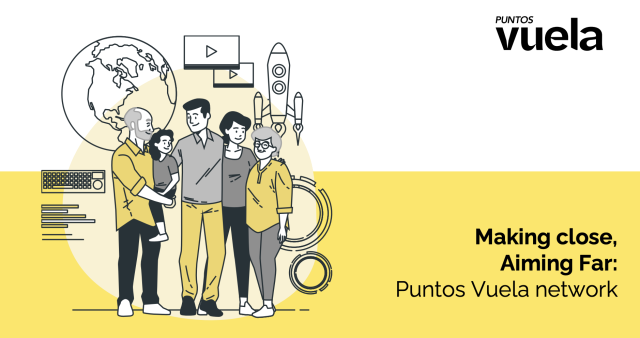
The Puntos Vuela network bridges the digital divide in rural Andalusia, empowering communities with free digital skills training and access to technology for social and economic development.
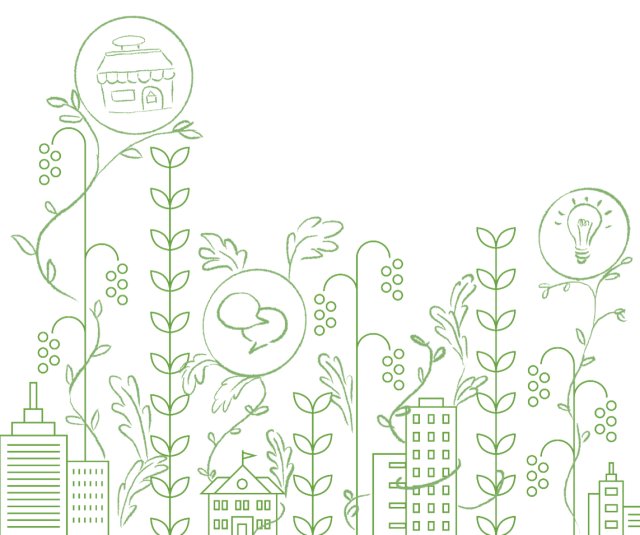
Salford bridges health and economy to empower communities and tackle inequality through innovative social enterprise.
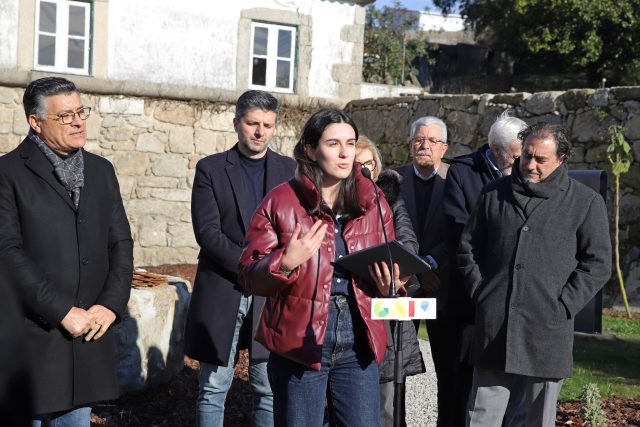
GPB + Youth is a participatory democracy mechanism with a deliberative nature, giving young people in Gaia – aged 13 to 30 – the power to decide how municipal public funds should be invested.
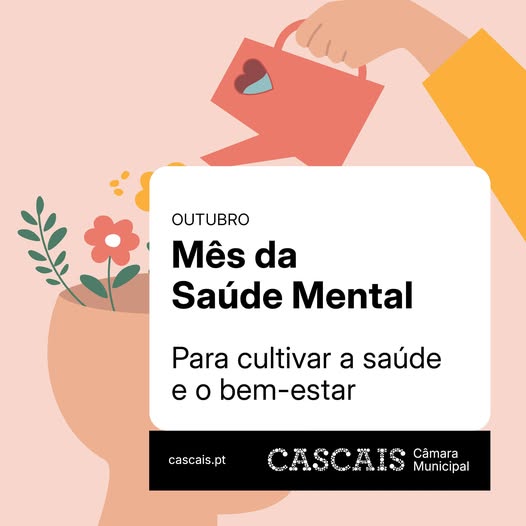
The Cascais Mental Health Initiative improves equitable access to diverse mental health services for vulnerable groups.
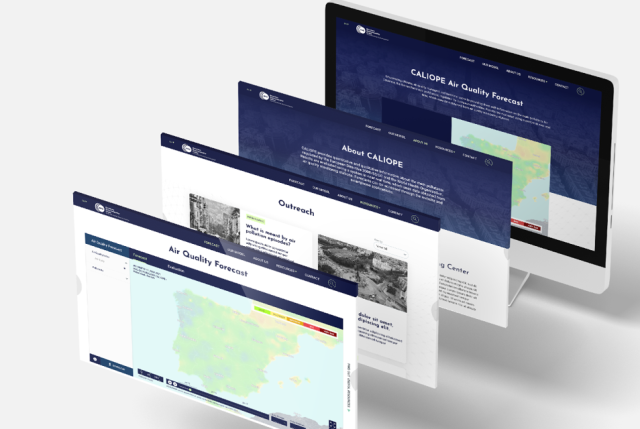
CALIOPE is an advanced air quality monitoring and forecasting system that provides real-time, high-resolution data and insights to support public health protection and regulatory compliance.
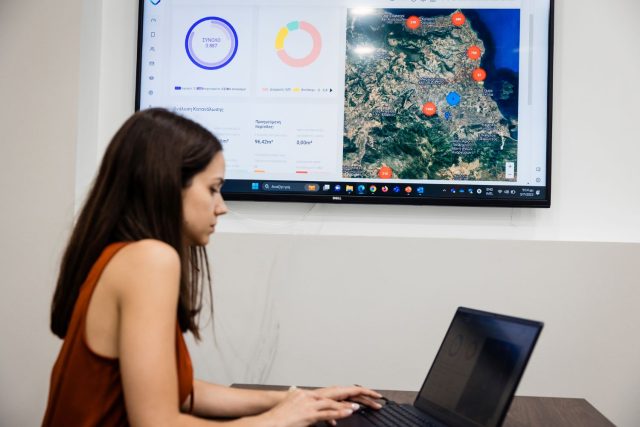
Lokron leads the way in smart water management with a telemetry system that detects leaks, ensures water quality, and empowers residents through real-time consumption tracking and digital tools.
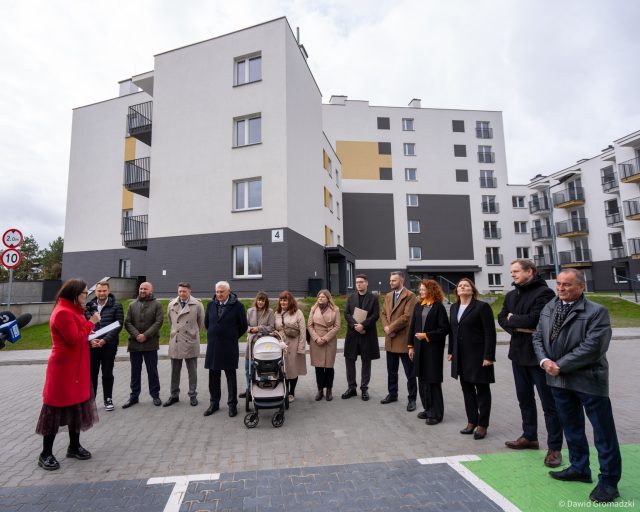
The Apartment for a Graduate programme offers affordable housing to top graduates, helping them settle and work in Białystok.
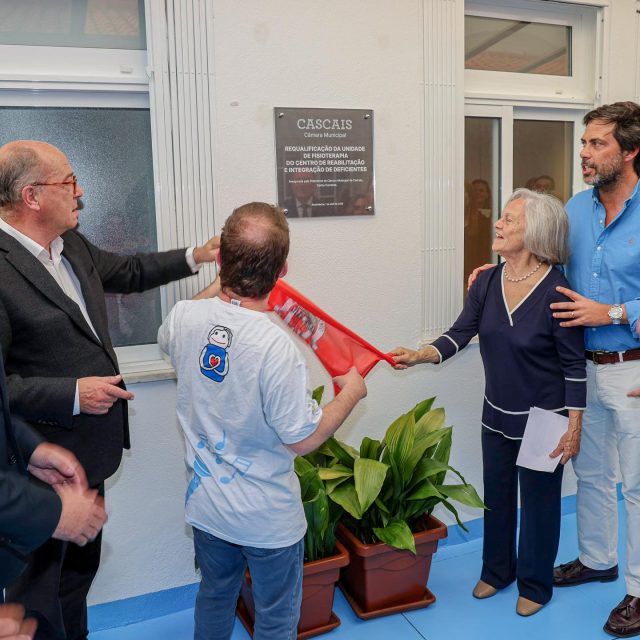
This pioneering partnership is transforming physiotherapy education and community care by placing students at the center of an inclusive clinic that delivers vital services to underserved populations in Cascais.
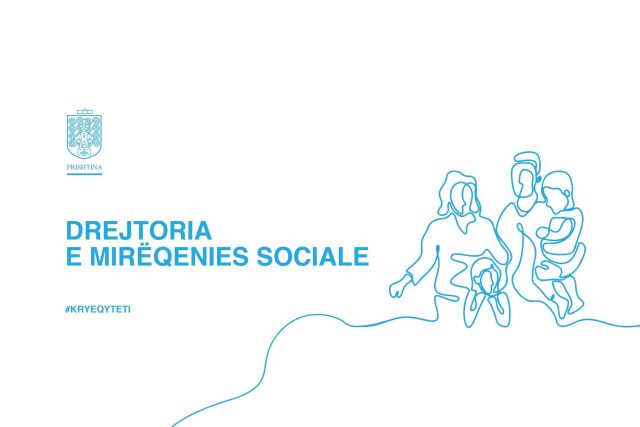
Kosovo’s first municipal financial aid programme for domestic violence survivors tackles economic dependency by providing direct monthly support to promote long-term safety and independence.
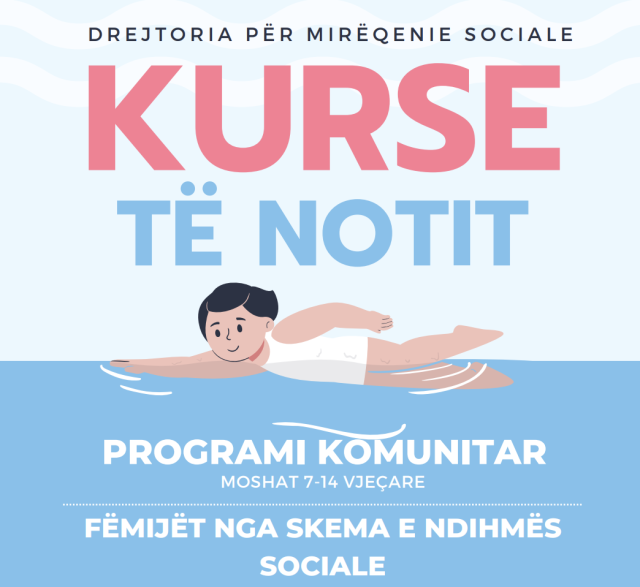
This inclusive swimming programme in Kosovo offers children from low-income families and those with disabilities equal access to recreation, empowerment, and community integration.

In Laeken, residents are taking the lead in deciding how public funds are spent to shape their own neighborhood.
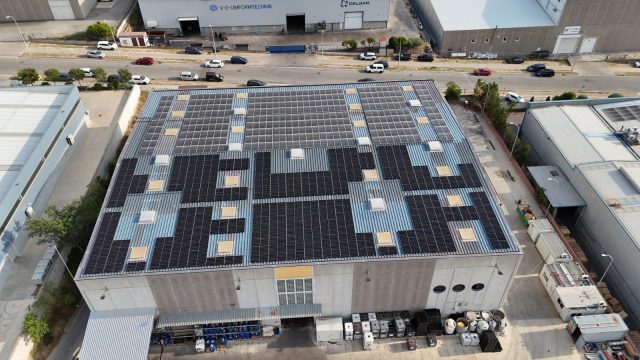
Manresa Il·lumina Business Energy Community brings together companies in the Bufalvent industrial estate to implement a collaborative solar energy model, promoting local generation, reducing costs, and enhancing business resilience.
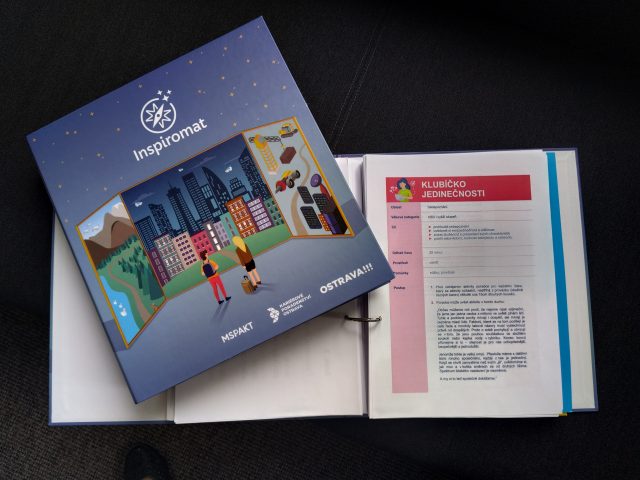
By equipping schoolchildren with career planning skills and connecting them with local employers, Ostrava is empowering its youth to envision a future in their own city.
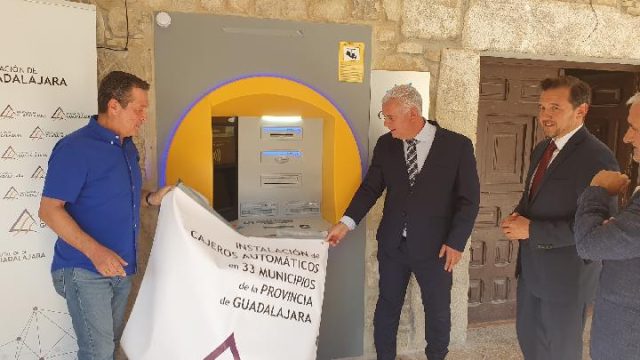
Bringing banking where it’s needed most, this project empowers remote communities with smart ATMs that restore access, dignity, and opportunity.
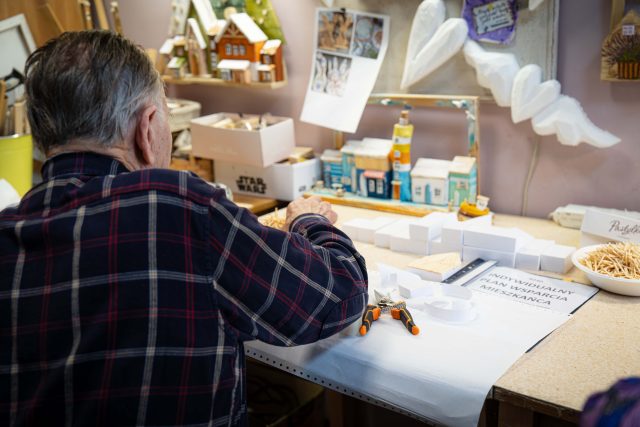
Rybnik’s Municipal Social Welfare Home uses AI to personalise senior care and predict health crises for better outcomes.
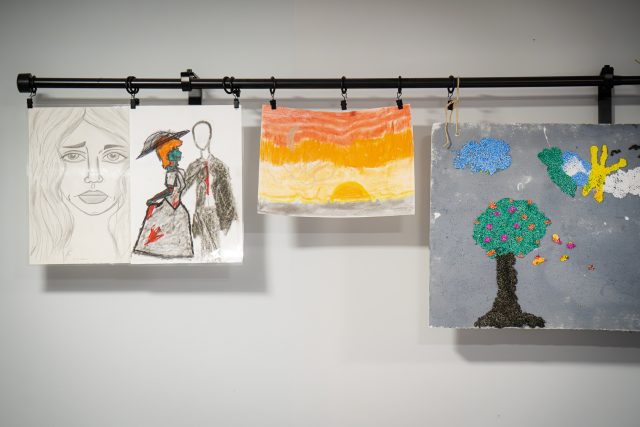
Facing a growing youth mental health crisis, Rybnik’s innovative support program is delivering accessible therapy—giving adolescents the support they need to heal, grow, and thrive.
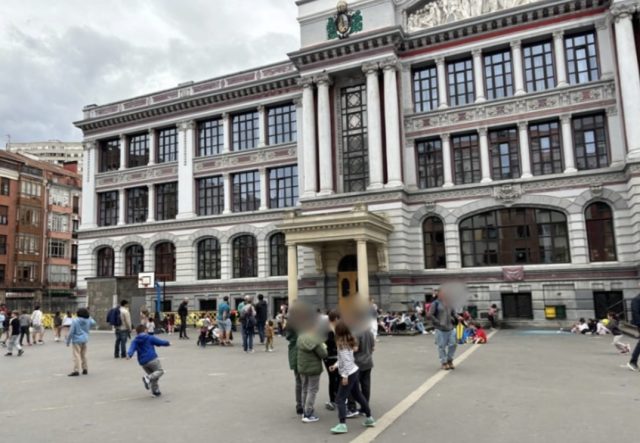
Bilbao is transforming schoolyards into inclusive community hubs that promote informal learning, intergenerational connection, and youth employment.